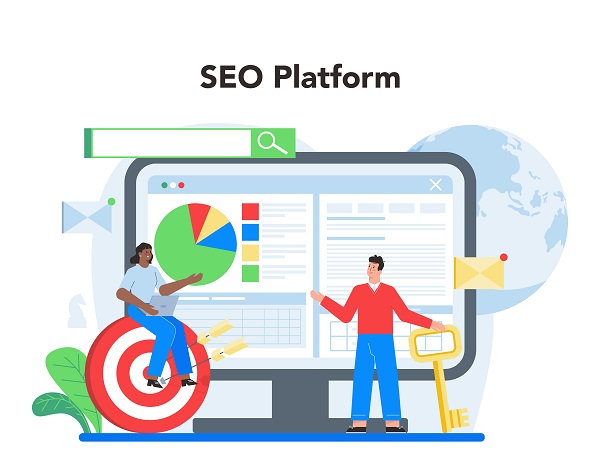
In the contemporary landscape, the digital realm has become a powerful arena for businesses to thrive, especially for small and medium-sized enterprises (SMBs). Understanding the impact and advantages of digital marketing is crucial for these businesses to establish a strong online presence and compete effectively in the market.

Importance of Digital Marketing
- Benefits for Small Businesses
Small businesses often struggle to gain visibility amidst larger competitors. Digital marketing levels the playing field by offering cost-effective strategies to enhance visibility, increase brand awareness, and reach a wider audience.
Targeted Advertising
- Reaching the Right Audience
One of the pivotal advantages of digital marketing is its ability to target specific demographics, interests, and behaviors. SMBs can tailor their advertising efforts to reach the most relevant audience, thereby maximizing the impact of their campaigns.
Cost-Effectiveness
- Budget-Friendly Strategies
Unlike traditional marketing methods, digital marketing offers various cost-effective avenues. Pay-per-click (PPC) advertising, social media promotions, and email marketing are economical yet efficient strategies for SMBs to engage with their audience.
Brand Building
- Establishing a Brand Presence
Digital marketing provides SMBs with a platform to create and reinforce their brand identity. Consistent messaging, engaging content, and interactive campaigns help in establishing a strong brand presence among the target audience.
Social Media Presence
- Leveraging Social Platforms
Social media platforms serve as valuable tools for SMBs to connect with their audience on a personal level. Engaging content, interactive posts, and real-time communication foster a loyal community around the brand.
SEO Strategies
- Improving Online Visibility
Search Engine Optimization (SEO) is paramount in ensuring that SMBs are discoverable online. Implementing robust SEO strategies helps businesses rank higher on search engine results, driving organic traffic to their websites.

Email Marketing
- Engaging Customers through Emails
Email marketing remains a powerful tool for SMBs to nurture leads, communicate promotions, and build lasting relationships with customers. Personalized and targeted emails can significantly impact conversion rates.
Analytics and Metrics
- Measuring Success and Making Informed Decisions
Digital marketing provides an array of analytics tools that enable SMBs to track the performance of their campaigns. By analyzing metrics, businesses can make data-driven decisions to optimize their strategies.
Conversion Optimization
- Turning Leads into Customers
Digital marketing facilitates lead nurturing and conversion optimization. Tailored content, effective calls-to-action, and streamlined user experiences contribute to converting prospects into loyal customers.
Mobile Optimization
- Catering to the Mobile Audience
With the rise in mobile usage, optimizing digital marketing strategies for mobile platforms becomes imperative. Mobile-friendly websites and responsive designs ensure a seamless experience for users on various devices.
Customer Relationship Management
- Nurturing Customer Loyalty
Building strong relationships with customers is essential for SMBs. Digital marketing tools aid in maintaining communication, offering personalized experiences, and retaining customer loyalty.
Case Studies
- Real-World Examples of Successful Marketing for SMBs
Illustrative case studies demonstrate how SMBs have leveraged digital marketing effectively to achieve significant growth, reinforcing the importance and feasibility of these strategies.
FAQ's
Digital marketing offers cost-effective strategies to enhance visibility, engage with a targeted audience, and level the playing field against larger competitors.
Utilizing analytics tools helps SMBs track metrics like website traffic, conversion rates, and engagement, enabling informed decisions.
Yes, social media platforms enable direct communication with the audience, brand building, and fostering a community around the brand.
Email marketing remains a powerful tool for lead nurturing and conversion due to its personalized and targeted approach.
Absolutely, as mobile usage continues to rise, optimizing strategies for mobile platforms is crucial for providing seamless user experiences and expanding reach.
Conclusion
In conclusion, digital marketing serves as a beacon of hope for small businesses, offering them a myriad of opportunities to thrive in the competitive landscape. The diverse strategies available empower SMBs to enhance visibility, engage with their audience, and drive growth.

